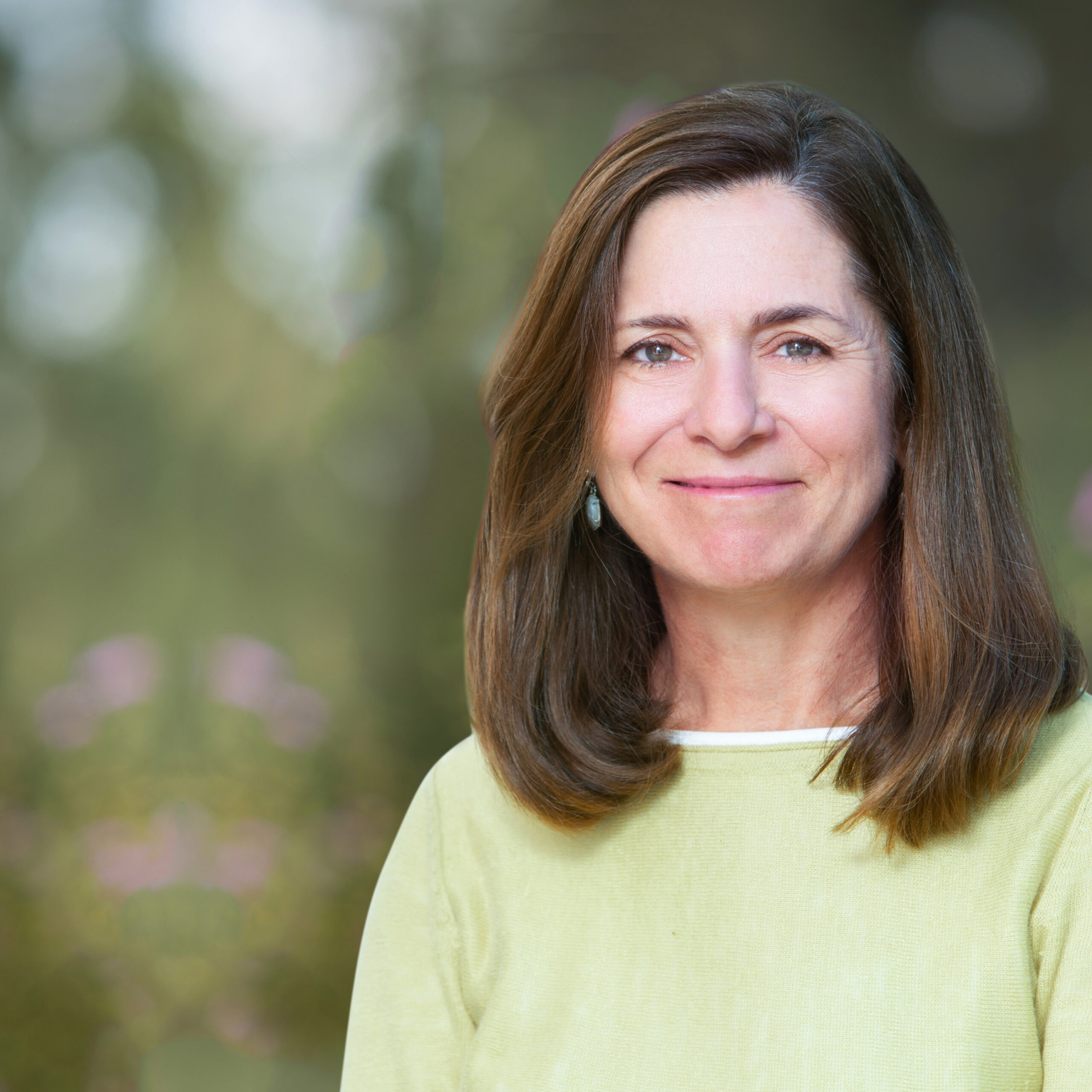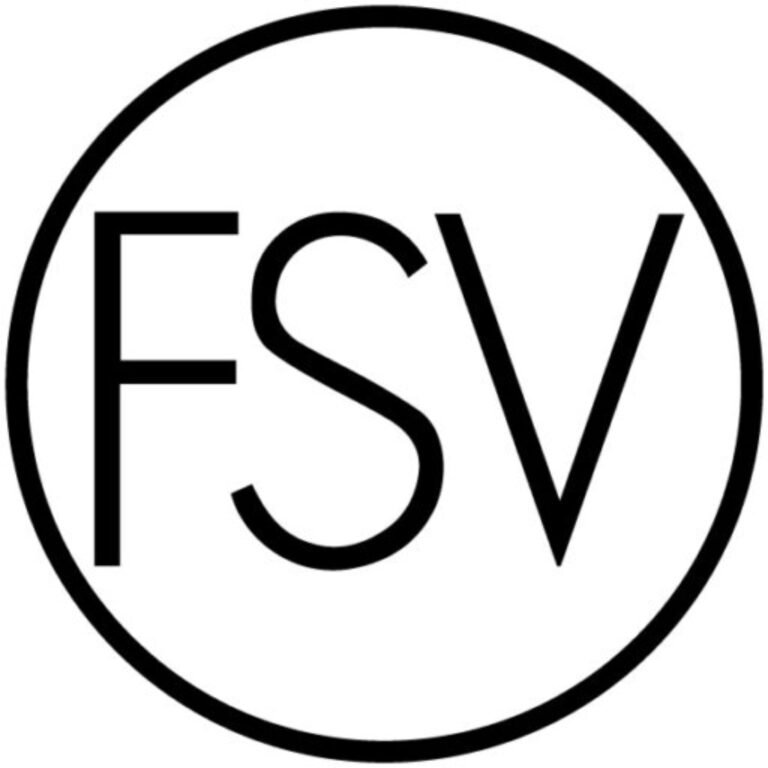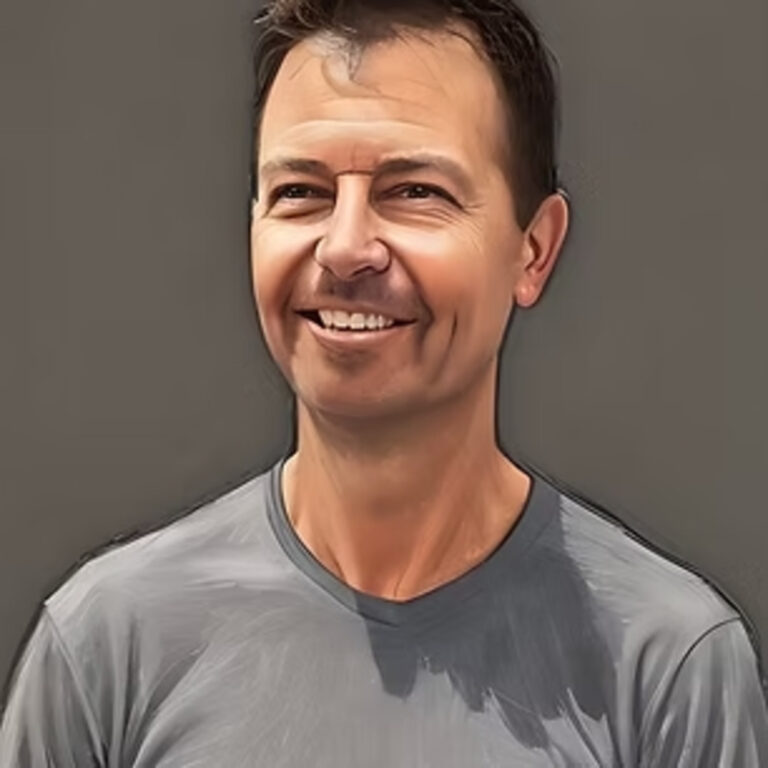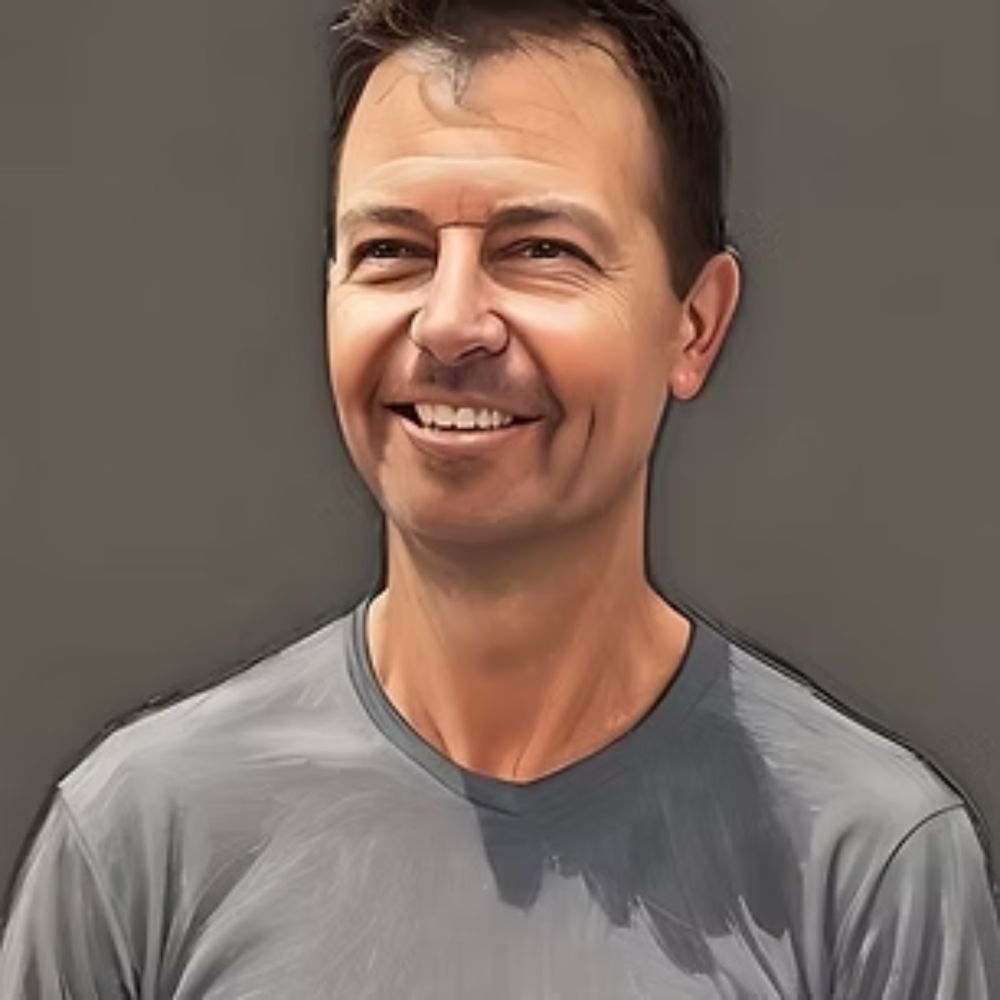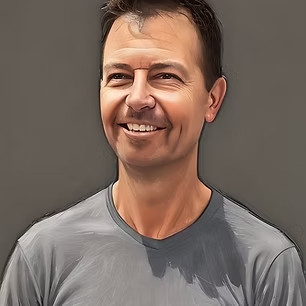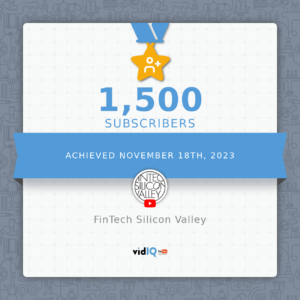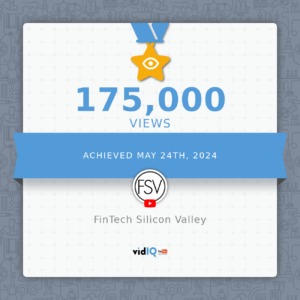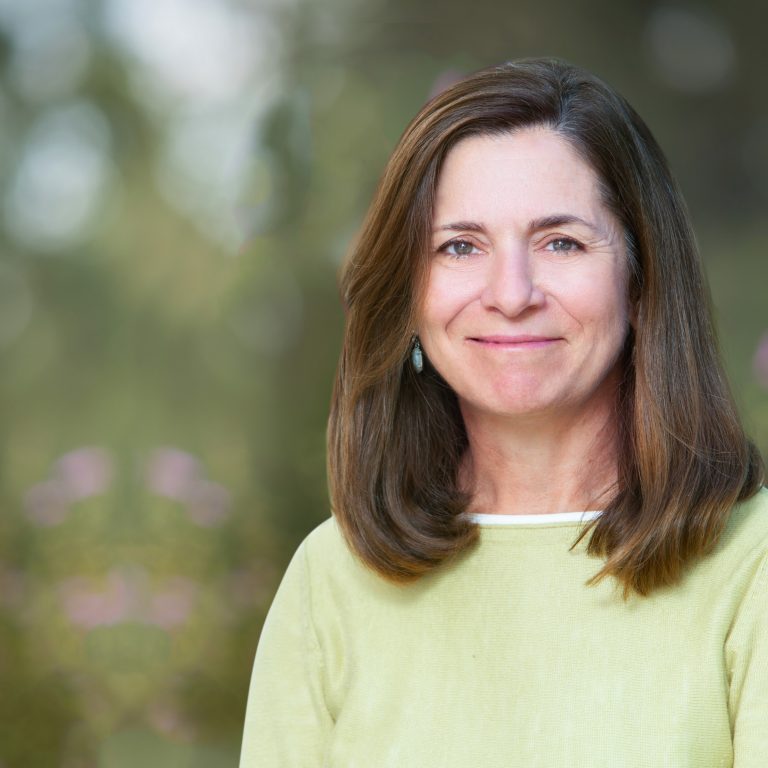
Patricia Nakache invests in early-stage consumer and business tech startups with current investments including Bevi, EAT Club, Life House, Side, thredUP, and Turo, and previous investments in Care.com (CRCM), LoopNet (LOOP), PayScale (acq. Warburg Pincus), and Sabrix (acq. Thomson Reuters), among others. Patricia is a board member of the National Venture Capital Association and a Lecturer in Management at the Stanford Graduate School of Business where she teaches Startup Garage. She earned an M.B.A from Stanford University and an A.B. from Harvard University.
Patricia Nakache invests in early-stage consumer and business tech startups with current investments including Bevi, EAT Club, Life House, Side, thredUP, and Turo, and previous investments in Care.com (CRCM), LoopNet (LOOP), PayScale (acq. Warburg Pincus), and Sabrix (acq. Thomson Reuters), among others. Patricia is a board member of the National Venture Capital Association and a Lecturer in Management at the Stanford Graduate School of Business where she teaches Startup Garage. She earned an M.B.A from Stanford University and an A.B. from Harvard University.
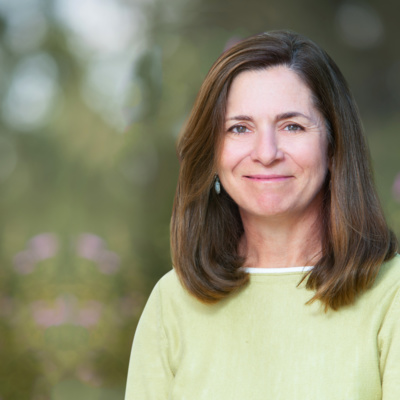
Transcription
PEMO: Welcome Patricia. So lovely to speak to you again, it’s been a long time. I was wondering how you and your family are weathering this crisis.
PATRICIA: Well, thanks for asking. I’d say on the whole pretty well you know, there’ve been, there’s been sort of that silver lining of, you know, spending a lot of time together as a family, which my kids are older. And so I have kids ranging from a couple years out of college and working to my youngest is going to be a freshman in college next year. And it’s, you know, it’s a rare for us all to be together these days prior to COVID and we’ve been together. So just on a personal side that’s been, that’s been a bit, you know, a silver lining.
PEMO: Great, fantastic. And and so what is your main focus for investments? Just if you want to just walk me through that again.
PATRICIA: Yeah, sure. So, so first of all yeah, I’m a general partner. Trinity ventures are our focus as a firm is early stage technology encompasses enterprise and consumer. And, and actually overlaying that we actually have a bunch of industry verticals that we spend time on. I have a partner Schwartz, Sacha Volo, who focuses almost exclusively on FinTech. And so my personal focus is that I focus on consumer driven tech, so kind of the consumer part of our, of our practice. And I also focus on real estate tech. So both from a consumer and an enterprise perspective, that’s been sort of the industry vertical that I have spent time on actually since the days we invested in LoopNet, which was a long, long time ago fast for us. And then each goes, we invest everywhere from kind of seed to series B is where, when we write our initial check.
PEMO: Okay, well, and I know there’s some exciting stuff happening, happening in real estate due to the blockchain. So I’ve had a few founders who’ve come along with great companies that are using the blockchain for real estate issues. So that’s great. And are you still investing and how are you managing to do that and how are you also managing your current investments in your portfolio?
PATRICIA: Yeah, I mean, I would say that, you know, managing our current investments is our number one priority and has been, you know, since the crisis started and, you know, it, it means, you know, unfortunately it’s not time in person, but a lot of time on zoom and on the phone with portfolio companies just really counseling them on how to control their own destiny. You know, I mean, survival is is the number one priority. And it just, you know, and, and we can kind of dive into that like different tactics for controlling your own destiny. I mean, it started off, I think, you know, almost immediately with portfolio companies focusing on hiring freezes and then, and then sort of, depending on the extent to which portfolio com is being impacted by the crisis, you know, getting into, you know, cutting burn trying to extend runway, trying to raise capital, that’s a bail available either equity or debt.
PATRICIA: And then, you know, I’d say, I feel like, you know, from from just, you know, supporting portfolio companies you know, we’ve been trying to do a lot as far as kind of sharing best practices across portfolio companies. Right. So, you know, which is helpful because, you know, I, you know, all our portfolio companies, the entrepreneurs in them are super creative, super sourceful people. They come up with really good ideas and then, and then, you know, the extent that they can share those ideas you know, it, it lifts, it lifts all boats. I actually believe it or not. I went to a board meeting in, in Boston last month in June. I know, I know it’s sort of like, you know, but I I was going to go to Boston anyway. There was you know, and, and the, the CEO told me that he was going to the office most days. And so we sat six feet apart we have now gone. And it was like, it was like, it felt great, great to be at a board meeting, you know?
PATRICIA: I felt super, I felt super, super brave, but also it might’ve been a, you know, I, I think I am super in the minority. I think most people traveling and I, and I, I’m not, I’m not, by the way I discovered one thing, which is that by showing up in person, I was sort of putting the founder CEO in a position of having to wear a mask. We were both wearing masks, which, and when all the other board members are on zoom, it could be a little tough to have the person presenting on zoom wearing a mask. So I actually am not sure I did him any favors ultimately, but it was great to see him.
PEMO: Yeah. Fantastic. cause I know a lot of the VCs I’ve spoken to have saying they’re not traveling until there’s a vaccine and things like that. So you’re very correct.
PEMO: Yeah, yeah. Yeah. Because I think really with venture and startups, it’s really all about the people. So I’m sure a lot of people are really suffering during this period.
PATRICIA: No, it’s interesting. I think one of the things you know, that I’m hearing about more and more is how important it is to focus on, you know, personal personal and sort of team wellness at this time. Right. I mean the neglected, there’s a lot of stress, there’s so much uncertainty. So, you know, and, and, and social connection is one of the ways to, to address, you know, it’s, it’s to help on the wellness front. So I think maintaining social connections are really important.
PEMO: I agree. I agree. It was my birthday on Tuesday and a friend took me out, we social distance and had breakfast and it was the first social thing I’d done for four months. And I was like water in a desert. Right. So happy. And I just had a whole day, I was just floating and I thought, well, you can tell you’re an extrovert. There you go. There you go. Well, happy birthday. Thank you. And it was a good step to the birthday. So what, you’ve obviously been thoughtful about this, what is, what’s the takeaway for you about what, you know, what this crisis has brought up really for, you
PATRICIA: Know, I mean, look, I think you know, one of, one of the takeaways, and this is this is a lesson that you learn repeatedly in venture, but that look, you know, capital intensive businesses have less flexibility in the time of retrenchment. I mean, you know and this was a lesson that was learned, you know, after kind of the.com/you know, telecom bust in the late nineties. And and then, you know, we learned to get after the financial crisis, but if in a capital intensive business, you know, when you, when you, when you when you are in a time of retrenchment, that that’s kind of like a yolk around your neck, you just can’t be as flexible. And even though I will say that in the past 10 years, which have been a really, you know, brilliant time for black companies, there has been more and more adoption of capital intensive business models because because you can write like you, you could, like the capital was available, it was relatively inexpensive.
PATRICIA: And and we were very much in a growth environment. But I think you’re finding companies and I, and I have some too that, you know, you know, have capital intensity, it could come from a number of different directions, right. It could be, it can be it could be leases like, you know, just to take an example, we’re all familiar with and we’re talking about real estate tech, right? Like we work, I mean, they’ve got lots and lots of of Lisa’s and you know, to the extent that their revenue model starts to suffer and they still have to carry the bag on those leases, it can be pretty devastating. And, you know, we saw open door which you’re familiar with you know, they had to stop, you know, they’d have to basically stop for awhile buying new homes because of just the Capitol testing.
PATRICIA: There was certainty of whether they could you know, resell those homes in the timeframes that they anticipate. So anyway, that’s one big lesson, one big take away, you know, I’d say another one, which is just kind of, Oh, by the way, here’s an interesting note though, with regard to capital intensity. I think one of the takeaways that we’ve we’ve learned is that remote working is entirely possible and very positive, right. And that’s, and that’s positive, and it means you can actually be less capital intensive, right. Because you don’t have have leases for your, your, so that’s kinda, that was kind of an interesting kind of yin and yang set of takeaways. I’d say, you know, just not letting a business buildup too much fat. I mean, I think, you know, we’ve all seen situations where you know, if, if, if your culture, you know, if you’ve kind of built up a lot of kind of fat in a business, in a startup and you have to, you have to retrain, you have to make cuts. It’s very hard culturally because it’s such a jarring experience, but, you know, I think companies that are stroke battle-hardened that have stayed pretty lean and mean it can adjust much more fluidly in these types of situations. But Nan, I mean, you know, who would have foreseen this, right? I mean,
PEMO: I didn’t even see it, like the day before the shelter in place came in California, I was still trying to put a panel together and then it just all felt apart. Right.
PATRICIA: I think from a planning perspective, I mean, pretty much all our portfolio companies, as I said, like first step with a hiring freeze, second step was kind of a replanning process, almost all of them replant. And I think we all sort of the consensus, I would say from a replanting perspective was that everybody was going to be very hard to hit in Q2, and then we’re going to bounce back. And obviously that’s not the case. And so there’s been a L but, but interestingly, the Q2 has not been as bad as people thought, but it’s just going to last longer. At least that’s generally the experience I’m seeing across our portfolio, which is, are, are beating their reforecast or their, their replan, if you will, this replant, they like, they like the butt, but the impact on, on revenue in their business model is just lasting way longer than they expected. Right. And
PEMO: Would you, I know it’s awfully hard to predict anything lightly, but I just wondered if you’ve got any sort of vision of how you think investing as a VC will go in the next year and possibly two years because
PATRICIA: Yeah, yeah, no, I it’s. It’s a good question. It’s a super important question for all venture backed companies out there. Yeah. I would say for the next 12 months, I, I think that venture funding will happen. It will ha it’s going to be slower but it can happen and it will happen largely around existing relationships. So, Hey, the good news as an entrepreneur is if you’ve had to pitch dozens of VCs to just secure pass, the good news is dozens of VCs know you. And so I think, you know, tapping into people who’ve met you face to face in the past may have met your team in the past though. I think those financings are going to be, that’s going to be easier to, to happen. Like I actually co-lead last month a series a in a company where I had a seed investment.
PATRICIA: And so I already knew the team and already trusted, trusted the team trusted the business that they’re pursuing and the numbers that are seeing. So I think existing relationships are going to be key. I would also say being highly targeted in who you approach over the next 12 months is going to be really key too, because I think having a very strong kind of investment thesis match will help, you know, sort of grease the wheels if you will. And so that even in a situation where you might not personally know the investor, the fact that there’s such a strong kind of confluence of interest around a thesis, a thesis match with what you’re doing could really help drive a financing to conclusion. The other thing I’d say, excuse me, my throat is I’m talking about, you’re talking too much.
PATRICIA: I say other, the other thing over the next 12 months is I am finding strategics many strategics to be more active than I had seen them previously. And so I think some strategics are viewing this as an opportunity to play offense and are getting more aggressive as far as funding companies that they might not have had an opportunity to fund in the past in terms they might not have had an opportunity to get in the past. So I do think strategics are an Avenue that entrepreneurs should think about because I, you know, rather than, you know, sort of experiencing them sort of, you know, running away at a time like this, I’m actually seeing quite a few of them engage and being being active. So that’s the next 12 months. I am very hopeful that over 24 months, we really do go back to, you know, some semblance of normal.
PEMO: And how are you finding valuations? Because 10 said that the valuations that he, you know, he’s getting like a better deal now with a series series eyes, let’s say to investments, I think that there is
PATRICIA: A downdraft on valuations because, you know, for investors and investing now there is additional risk they’re taking off. I mean, without question. Right. so I actually have a portfolio company that I led the seed investment and they just closed a series. A actually it’s been a few months, they closed it at, towards the beginning of the pandemic, I think maybe at the end of April with a new lead investor. And and the time between our initial term sheet to term sheet signing, like the term sheet arrived before, COVID the term she was signed after COVID and it was it, the valuation was cut. Let me think about this. I think it was cut around, you know, 20, 25%, something like that. So, but, you know, we were, I think the founder entrepreneur was delighted that the investor had enough conviction to close it. So even with all the craziness going on and and you know, the company’s going to live to, to, to see, to, to, you know, to fight and we’ll definitely survive the crisis. So that’s, what’s great.
PEMO: Yeah. Fantastic. Well that’s really positive stuff you’ve given us today, Patricia, and I’m sure all the listeners will really appreciate it. I certainly do. And it’s just wonderful to actually connect with you again.
PATRICIA: Nice to talk to you too. It has been awhile. Yeah. Stay safe and well, so yeah, yeah, you too. Take care. Bye.
